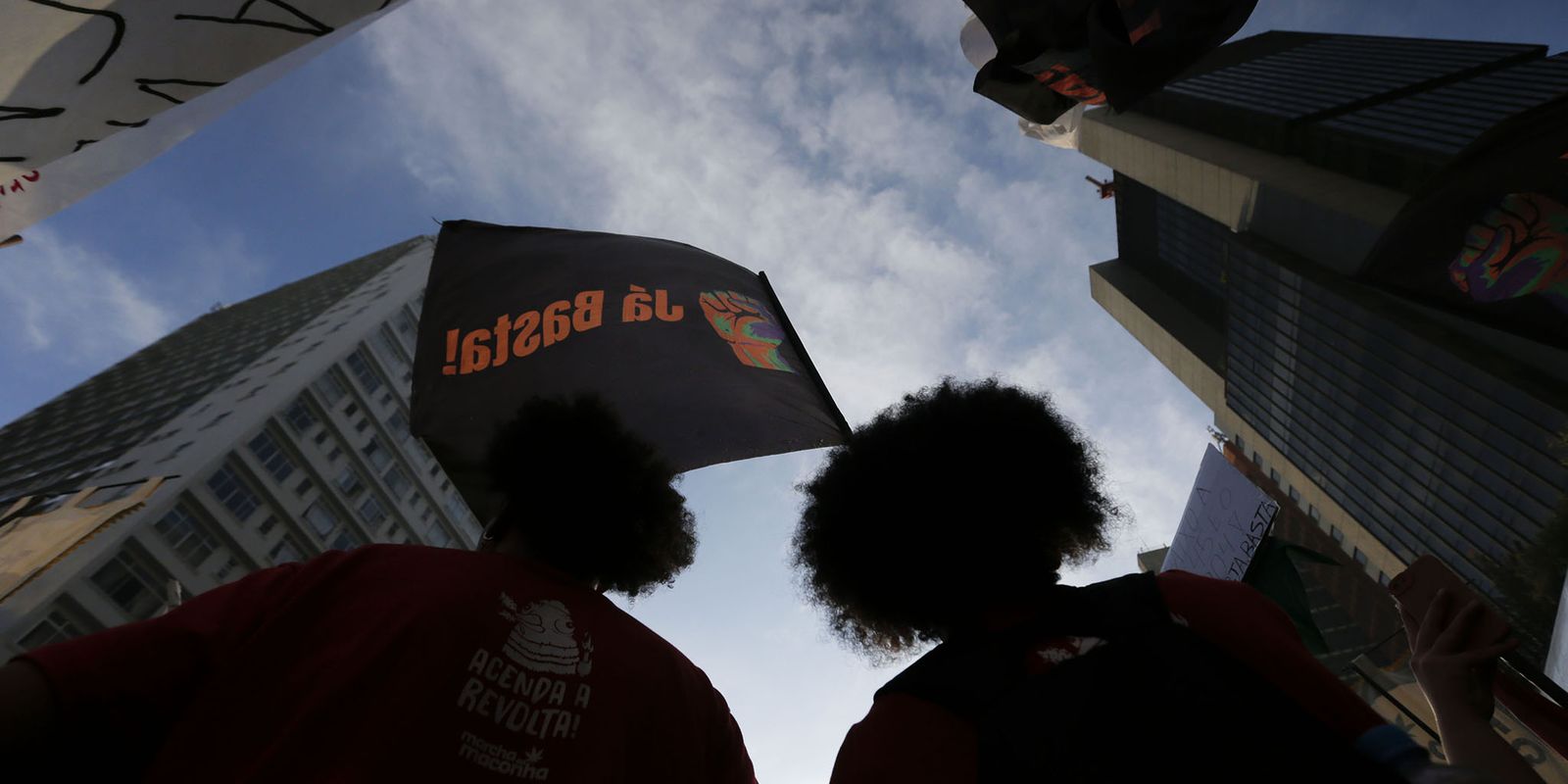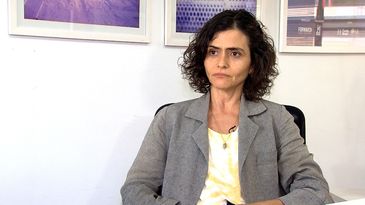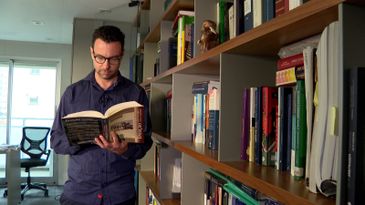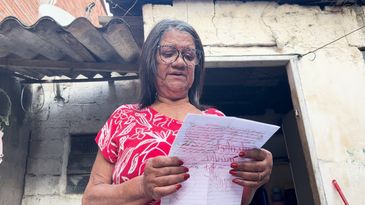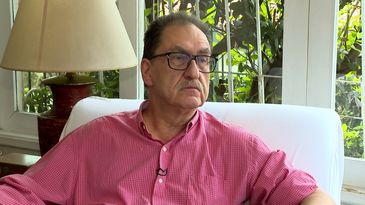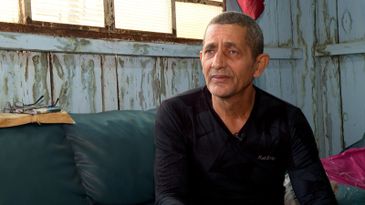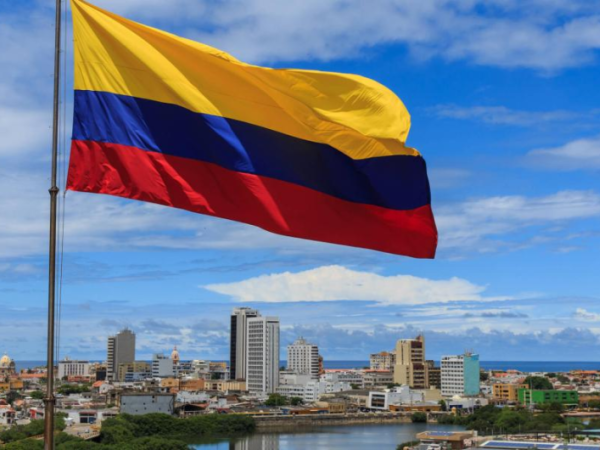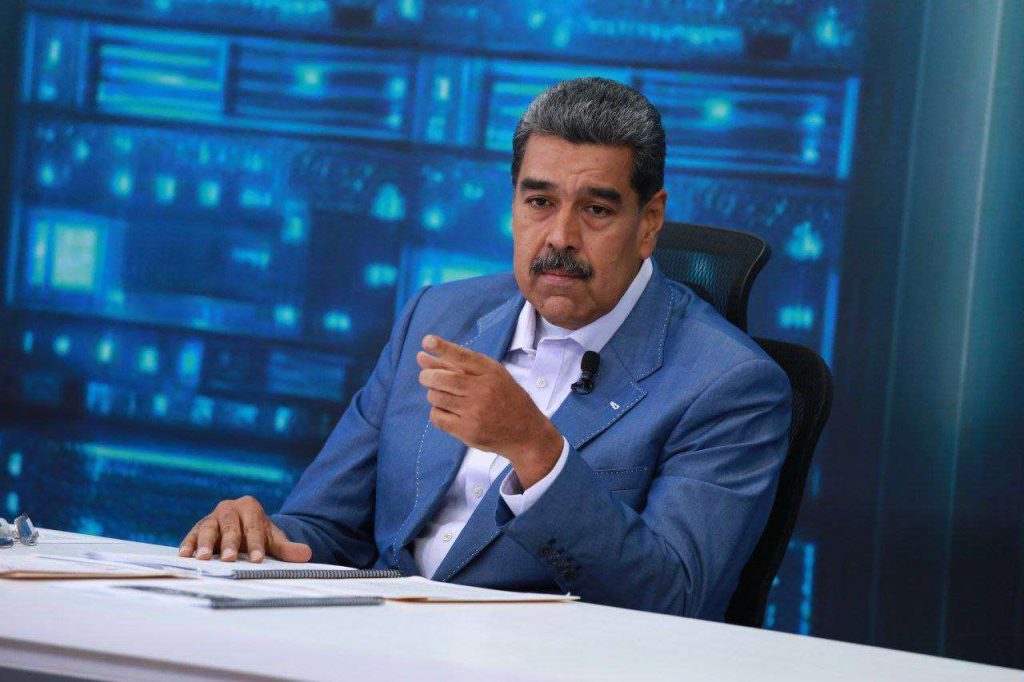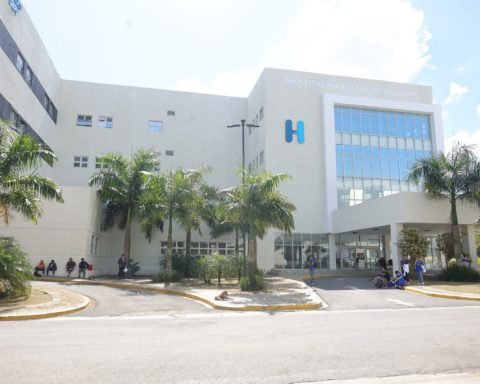The program Reporting Paths discusses drug legislation in the country in the new edition this Monday (19), at 11 pm, on TV Brazil. Enacted in August 2006, the Drug Law marked the difference between users and traffickers. People found guilty of drug trafficking could be sentenced to prison terms of 5 to 15 years, plus a fine.
The episode Marked Cards – 18 Years of the Drug Law produced by the public broadcaster, it presents a history with relevant questions on the subject. The public broadcaster’s team interviews people who have already dealt with the challenges of the situation and professionals from various specialties who work in the area. The journalistic attraction can also be followed on the app TV Brasil Play.
Perspectives and data in the 2000s
Marina Dias, a specialist at the Institute for the Defense of the Right to Defense (IDDD), recalls that the law was considered a step forward. “Although drug possession continued to be criminalized, the Drug Law provides a different treatment than the previous law,” she says.
However, over time, what was supposed to be an innovation became a vector for mass incarceration. “It did not clearly differentiate, with objective criteria, conduct of use and possession for personal consumption, in relation to the conduct of trafficking. It is one thing for the individual, according to the circumstances, to have a certain amount for personal use. But who is going to say that? Who is going to stipulate that these circumstances indicate personal use?”, questions judge Roberto Corciolli Filho.
In 2006, according to the National Secretariat for Penal Policies (Senappen), Brazil had 401,236 prisoners. Of these, 31,000 were detained for drug trafficking. If we compare this with 2023, when the prison population reached 642,491 prisoners, there was a 536% increase in the number of drug-related arrests: 169,000.
One of these people is the grandson of Mrs. Isabel Jesus de Oliveira (pictured). She believes that her mother’s death was definitive in Júlio César’s life. “He wanted to occupy his mind, but he didn’t know how. So, he went down the wrong path, into drug trafficking,” says Isabel. Arrested at the age of 18, Júlio César was sentenced to six years and three months in prison.
Ipea research and decriminalization of possession
A 2023 study by the Institute of Applied Economic Research (Ipea) analyzed 26,416 processes where there was seizure of cannabis. In 31.4% of these cases, the amount of drugs seized was up to 25 grams.
For Dartiu Xavier da Silveira, a psychiatrist at the Federal University of São Paulo, the data points to a flaw in the law. “In fact, much of what is done in terms of enforcing this type of legislation, with the purpose of curbing drug trafficking, does not actually curb drug trafficking. Because you are arresting the user. The user, whether he is an addict or an occasional user, is the one who ends up in jail,” he explains.
This is what happened to bricklayer Feliciano Fortunato, one of those interviewed in Reporting Paths. The program team traveled to the city of Presidente Prudente, in the interior of the State of São Paulo, to hear his story.
In 2015, Feliciano was arrested and convicted of drug trafficking. The bricklayer had 16 grams of marijuana in his home. At the time, he was undergoing treatment for drug addiction at the Psychosocial Care Center (Caps). “It’s not easy, because the law never valued us. They never wanted to listen to us. So if someone says, ‘He’s a drug dealer,’ he’s a drug dealer,” he recalls.
Feliciano spent more than four years in prison before being found innocent. “Knowing that I was paying for something I shouldn’t have, being humiliated, right? Family in need. Now I want to move forward, forget this past,” he says.
In June of this year, the Supreme Federal Court (STF) voted to decriminalize the possession of marijuana. It ruled that a person caught with up to 40 grams of the drug or six female plants of cannabis should not be classified as a drug trafficker. If this decision had been in force in 2015, when the issue was brought to the Supreme Court, the bricklayer Feliciano, in theory, would not have been arrested.
